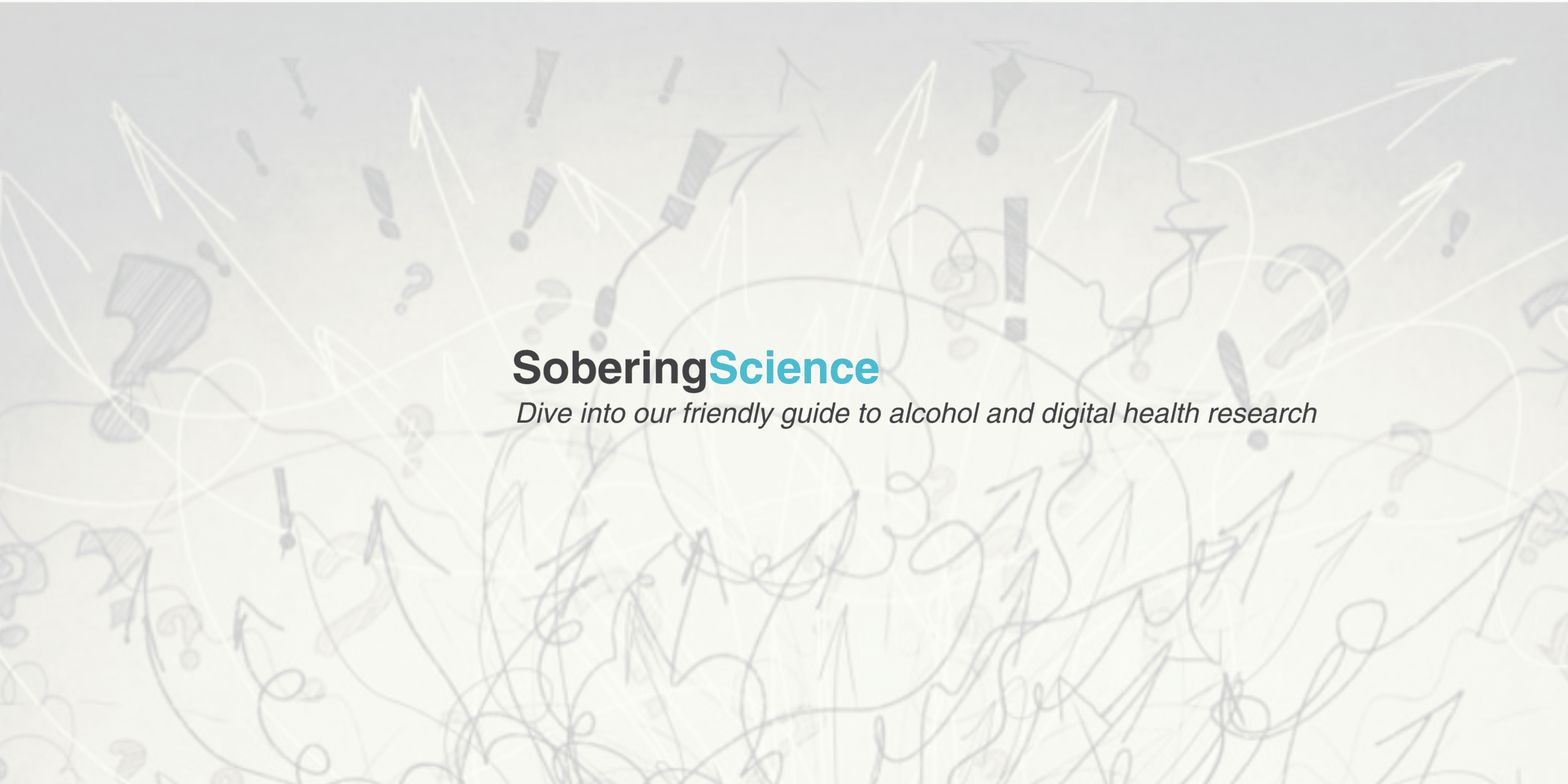
Not just a glass of wine: What’s really driving midlife women’s drinking?
We all know that drinking too much alcohol isn't great for our physical or mental health. Many of us might have had problems sleeping, experienced If you’ve ever felt that opening a bottle of wine at the end of a long day is about more than just the alcohol, you’re onto something. Research suggests that for women in their midlife, drinking is a deeply woven social behaviour, not just a simple choice.
This is especially important because while most Australians are drinking less, one group is bucking the trend: women aged 40 to 65. A recent study dived into the lives of these women to understand why.
What was the study?
Researchers from La Trobe University gathered 39 women aged 40 to 65 from Melbourne and Canberra. All of them drank alcohol at least weekly. The goal wasn’t to judge or lecture them, but to listen. The researchers wanted to understand the role of alcohol in their lives—the motivations, the social settings, and their knowledge of the risks.
Through a series of workshop activities, the women mapped out their daily routines and discussed the reasons behind their drinking. They used techniques like creating timelines of a typical day, placing icons representing activities (like work, cooking, socialising) and where a glass of wine or two might fit in. This approach helped uncover the natural rhythms and rituals of their alcohol use, painting a rich picture of when, how, and why they drink.
What were the results?
The study found that drinking isn’t a one-size-fits-all behaviour. Instead, it clusters into distinct social practices, each with its own set of rules and meanings. The researchers identified three key scenarios:
1. ‘Wine O’Clock’: the ritual of relaxation
For many women, the first drink of the evening is a powerful symbol. It’s a deliberate act that marks the transition from the demands of the day—whether a paid job, childcare, or other duties—to “me time.”
- The meaning: This isn’t about getting drunk. It’s about relaxation, reward, and relief. That first sip is a conscious pause, a way to signal that the time for focusing on others is over.
- The routine: The timing is specific, often as soon as they walk in the door or the clock strikes 5 or 6 pm. It’s usually one or two glasses of wine, consumed at home, and seen as a “civilised” way to unwind.
- The drink: Overwhelmingly, the drink of choice was wine. Other options like beer or spirits were rarely mentioned, highlighting a strong cultural connection between women of this age and wine.
2. ‘Weekend Wines’: the social glue
When the weekend arrives, the role of alcohol shifts. It becomes central to socialising. “Catching up for a wine” is a common phrase, and alcohol is a default feature at lunches, dinners, and gatherings.
- The meaning: Here, drinking is about connection, pleasure, and friendship. For some, especially those who are retired, exploring wine had even become a hobby—a sophisticated interest in different vineyards and vintages.
- The setting: These social gatherings often happen in homes or at wineries. While women felt they could drink more than on a weekday, they still largely avoided public intoxication, sticking to perceived social expectations of their age and gender.
- The social rules: The study found subtle but powerful social pressures. Topping up a friend’s glass without asking, the obligation to “buy a round,” and the simple ubiquity of alcohol at events made it difficult to opt out. Not drinking could feel like breaking an unwritten rule.
3. ‘Dry July’: the need for a permission slip
This finding was particularly telling. The women insisted they were immune to “peer pressure,” which they associated with teenagers. However, they openly discussed the challenge of not drinking in social situations.
They revealed that the only socially acceptable reasons to refuse alcohol were a concrete excuse like being the designated driver or participating in a charity-based non-drinking month like Dry July or FebFast. These campaigns provide a kind of “permission slip” that friends and family understand and won’t challenge. Without such an excuse, choosing not to drink could be met with suspicion or questions like, “What’s wrong?”
Why is this important?
This research is important because it shows that telling midlife women to “just drink less” is too simplistic. Alcohol isn’t just a substance; it’s a tool for relaxation and a ticket to social connection. The researchers argued that:
- Public health campaigns that only focus on the health risks (like cancer and heart disease) miss the mark and fail to address the real-life meanings for women.
- To be effective, interventions need to offer alternatives that fulfil the same needs. This means creating new, alcohol-free rituals for relaxation and fostering social spaces and hobbies that don’t revolve around drinking.
- It also highlights the need to change the conversation. The study showed women have a binary view of risk: they see “responsible” drinkers (like themselves) and “problem” drinkers (those who are dependent or get drunk). The reality that regular, moderate drinking carries health risks is often lost. Empowering women means giving them the confidence to opt out of drinking without needing an excuse.
In a nutshell
For some women aged 40-65, drinking is less about alcohol and more about ritual and connection. The “wine o’clock” habit provides to them a sense of reward and pause, while “weekend wines” are fundamental to friendship. The challenge of refusing a drink, even temporarily, shows how deeply embedded these practices are. Understanding this complex picture is the first step toward supporting women in making changes that are not about giving something up, but about finding new, healthier ways to relax and connect without drinking.
Our mission at Hello Sunday Morning is to help our members, many of whom are midlife women, to explore their relationship with alcohol and help them make changes if they choose. Our brilliant Daybreak community offers meaningful connection and support along their journey of change.









This is very helpful. it articulates my drinking habits and many of my friends too. Having to come up with excuses why you are not drinking often makes others defensive.
Thanks I m glad you found it helpful, I found that same defensiveness along my journey as well.